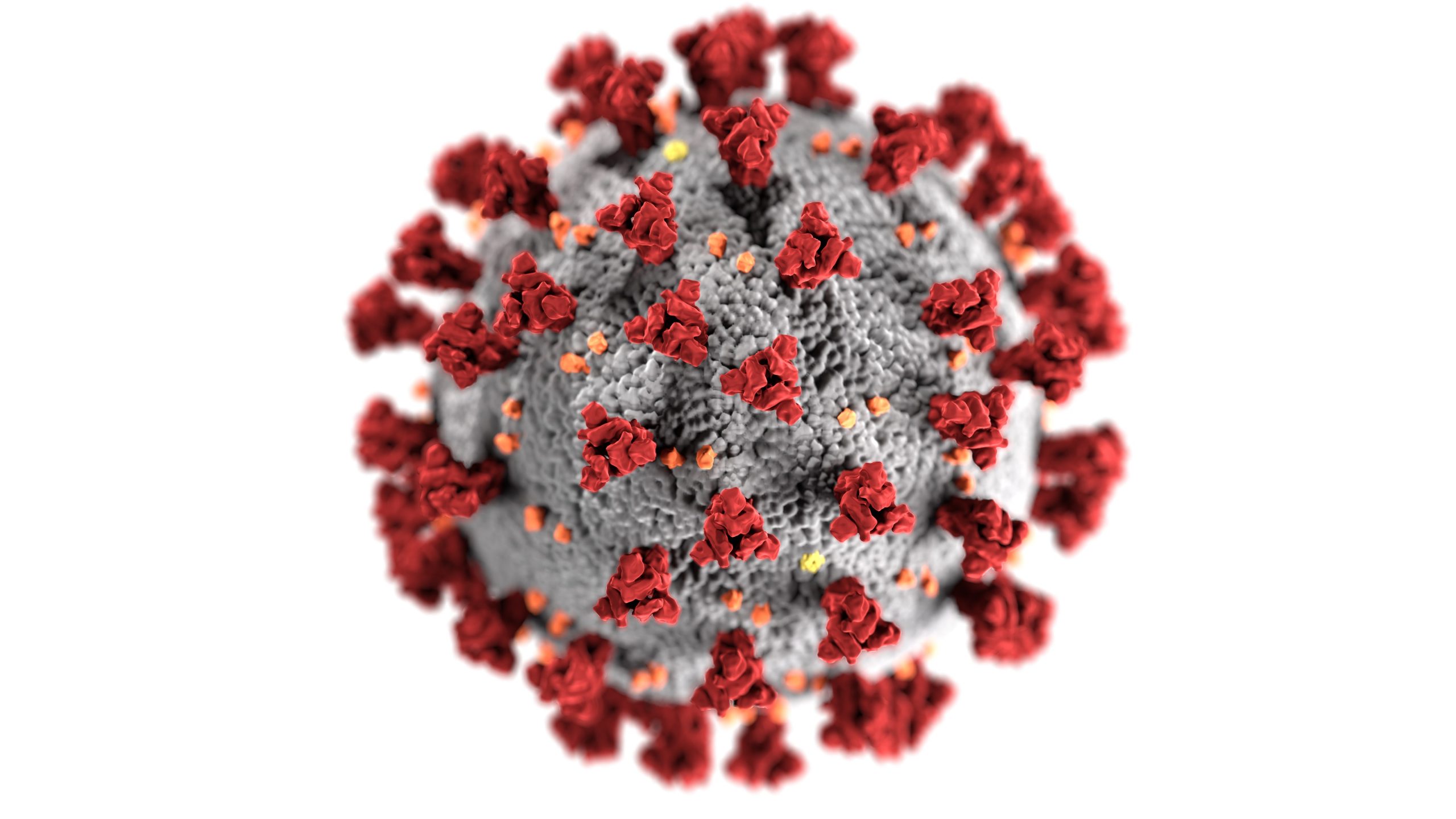
Written by: J. Laura
Countries across the world are preparing for lockdown and restrictions amid the second wave of COVID-19, which has already taken nearly one million lives as of September 18th, 2020, according to Statista.
Since the first cases emerged in China last year, the novel coronavirus has infected more than 30 million people globally, reports BBC.

According to Euronews, European countries, such as Belgium, Italy, and the U.K. are currently seeing an increase in the number of cases. Out of those countries, the U.K. has the most worrying figures, as cases reached 3,539 on September 12th, Euronews continued. France, on the other hand, recorded a staggering 10,593 cases as of September 17th, the highest recorded number of cases in a single day.
The European Center for Disease Prevention and Control reported that as of September 18th, here have been 2,759,394 cases reported in Europe, with more than 185,533 deaths.
At least for the U.K., its Prime Minister (PM), Boris Johnson, cited that the country is “now seeing a second wave coming in,” and that the PM and his administration are considering whether a stricter national restriction will be put in place. As right now, what has been active is the “rule of six” — which only allows a group of six people to meet in a public space, The Guardian reported.

According to the BBC, stricter national measures in the U.K. may include restrictions in public spaces for a period of a few weeks and closing some parts of the hospitality sector.
On September 18th, the BBC explained that the British PM did not “want to go into bigger lockdown measures,” but a tighter social distancing restriction might be necessary to avoid the rise in COVID-19 cases in the U.K. The “rule of six” which was brought in September 14th, was clearly not enough.
“You’ve got to wonder whether we need to go further than the rule of six that we brought in,” the PM said.
Israel on the other hand, has been doing things a lot differently than the U.K.
On September 13th, it was announced that the Israeli Government will impose a second lockdown in the country amid the rise of COVID-19, The Guardian reported. Although the country has a relatively low mortality rate at 1,100 deaths with 150,000 cases, ministers have warned that cases could rise quickly with an infection rate of 4,000 cases per day.

At exactly 2 p.m. local time on Friday, September 18th, the lockdown begins, Anadolu Agency reported.
The BBC indicated that the lockdown will last for three weeks and will cost its economy $1.88 billion. The lockdown means that schools and shopping centers will be closed. Israelis are expected to stay within 500 meters (1640 feet) of their homes, except for travelling to workplaces). Non governmental offices and businesses can stay open, but must not accept customers, and social gatherings are extremely limited to 10 people indoors and 20 people outdoors. However, supermarkets and pharmacies can remain open to the public, BBC explained.
Countries around Asia are also experiencing the second wave of the virus, The Jakarta Post indicated.
In Indonesia, Syahrizal Syarif, an epidemiologist with the University of Indonesia, warned that the level of local transmission is “out of control” and could rise to 500,00 cases by the end of December, he told Express.
“The situation is serious… local transmission currently is out of control,” Syarif said.
New Study Finds Cannabis Use is Surging Among Older Americans
Express indicated that Indonesia has recorded 172,00 cases since the pandemic started and signs of a second wave of the virus have recently emerged in the Indonesian capital, Jakarta.
On September 14th, Jakarta imposed a citywide lockdown to contain the surging infection rates, Independent Commodity Intelligent Services (ICIS) reported.
ICIS explained that the lockdown measures include limiting religious activities, public transport, and only essential sectors are allowed to be opened, such as health, food, energy, finance and other public utilities.
Indonesia has recorded the highest number of deaths in Southeast Asia at 8,336 as of September 9th, with a total infection of 203,342. Those rates are rapidly rising, ICIS added.
According to the Jakarta Globe, Indonesia is entering its worst COVID-19 outbreak yet, with new cases averaging over 3,200 since the start of September, and deaths exceeding 8,000.
The U.S. however, is still experiencing its first wave of infections.

“The U.S. as a whole is not in a second wave because the first wave never really stopped,” Melissa Hawkins, Professor of Public Health in American University told The Conversation. “The virus is simply spreading into new populations or resurging in places that let down their guard too soon.”
In the U.S., cases did spike in March and April, and then trended downward, but numbers plateaued throughout May and early June. Since mid June, cases have been surging, Hawkins explained, “To have the second wave, the first wave needs to end first.”
Health experts are sounding the alarm again in order to curb an increase in COVID-19 transmission over the winter period, CNBC reported. This is because respiratory illnesses tend to thrive in colder climates.
Little is still known about the virus, its behavior or whether a treatment is possible. What is certain is that cases are rising, and populations around the world should prepare, once again, to hunker down. So, stay aware and vigilant.
Cannabis in a Conservative Country: The History and Politics of Cannabis in Indonesia



Leave a Reply